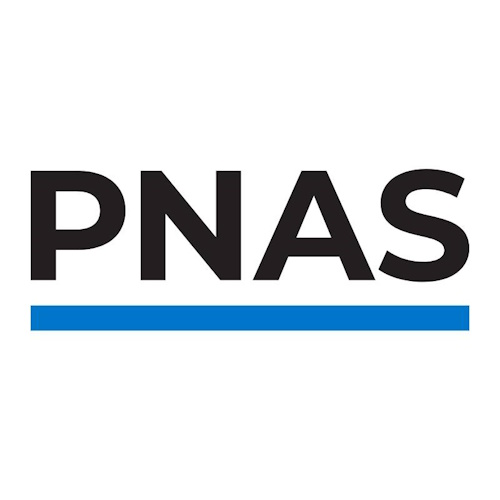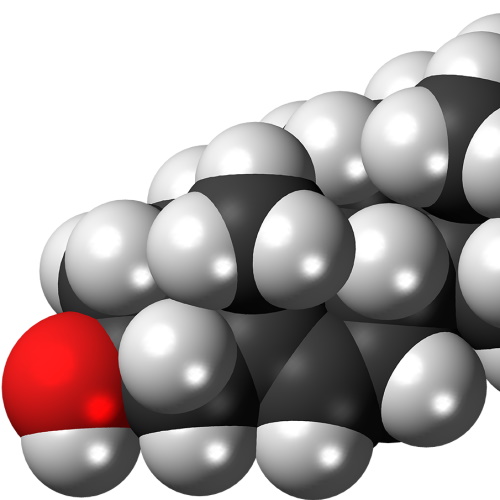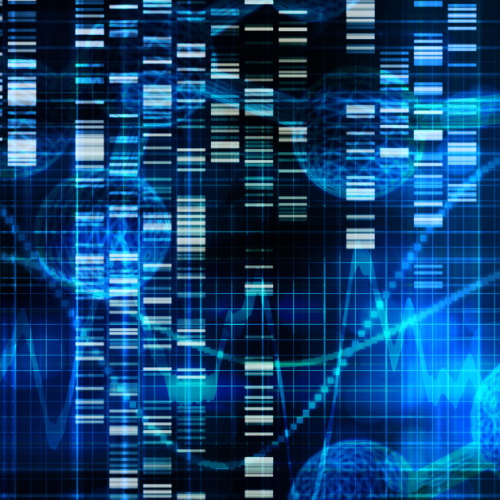Key points from article :
Lipid nanoparticles (LNPs) to efficiently deliver the CRISPR machinery into the liver of mice
The gene focused on codes for the angiopoietin-like 3 enzyme.
"...by knocking out the angptl3 gene, we have a safe and long term solution to high cholesterol," - Qiaobing Xu, first author of the study.
"we deliver the gene editing package specifically to the liver so as not to create unwanted side effects."
Reduction in LDL cholesterol by 57% and triglyceride levels by 29%, both of which remained for at least 100 days.
Reduction of cholesterol and triglycerides is dose dependent.
Existing FDA-approved version could only reduce LDL cholesterol by 15.7% and triglycerides by 16.3%.
By preventing loss outside the cell, the LNPs can have a much higher yield in delivering their contents.
"..practical and safe approach to treat a broad spectrum of liver diseases or disorders," - Zachary Glass, co-author.
Research by Tufts University published in the Journal PNAS.






